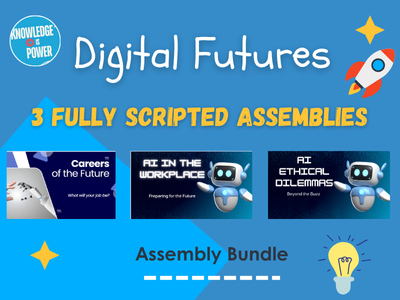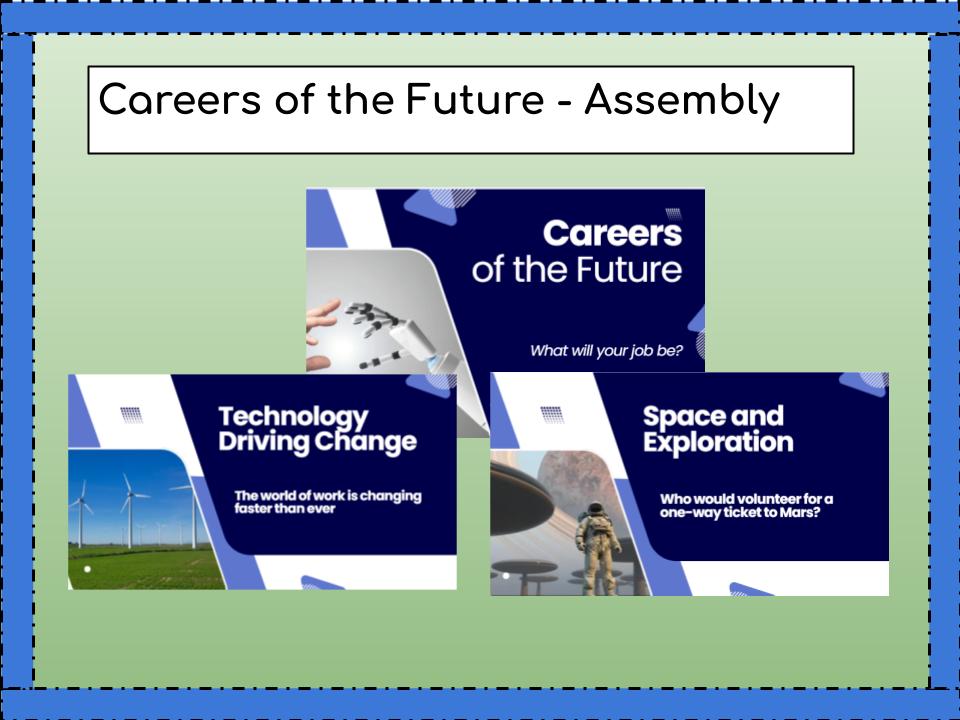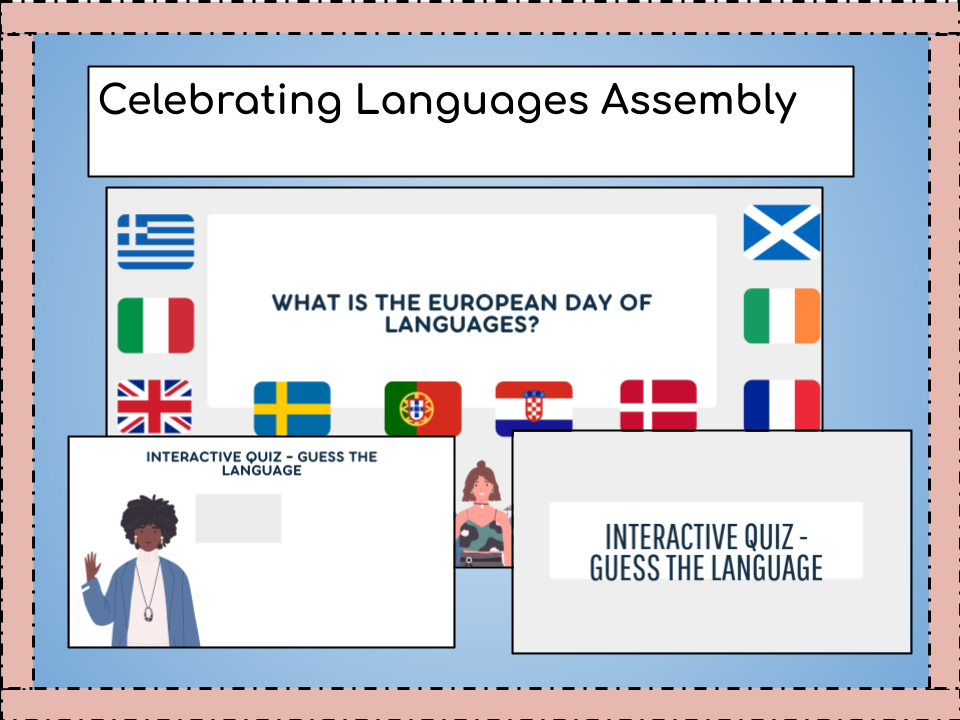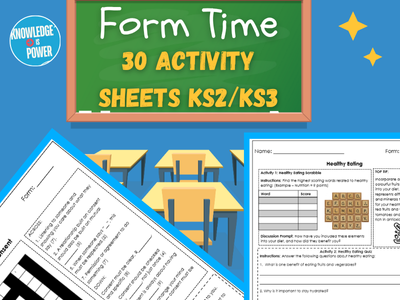Knowledge is Power
We are dedicated to providing high-quality, engaging educational resources for teachers and students. With a focus on contemporary and relevant topics, our resources are designed to enhance learning experiences and support educators.




















